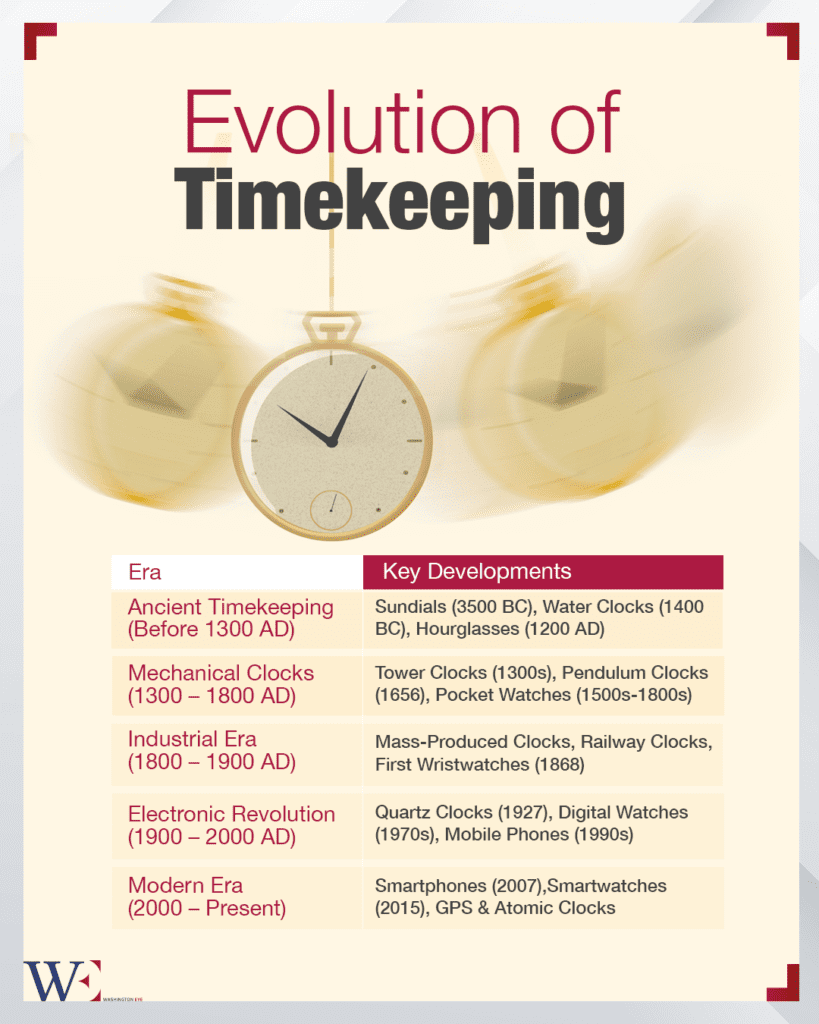In an age dominated by smartphones, even our most basic routines have been reshaped by technology. One such routine is waking up. For many, the smartphone alarm has replaced the humble bedside clock, offering convenience, customization, and the ever-present lure of modernity. But as enticing as these features may be, traditional alarm clocks might just have the edge when it comes to fostering healthier and more effective waking habits.
Reduced Digital Dependence
The modern obsession with smartphones has transformed them into omnipresent devices that command our attention throughout the day – and often, the night. Using your phone as an alarm means it’s likely the last thing you interact with before sleeping and the first thing you reach for upon waking. This can lead to endless scrolling at night and a jarring flood of notifications in the morning. Traditional alarm clocks, on the other hand, keep your waking experience separate from the digital world, allowing you to start your day with focus and clarity rather than distraction.
Better Sleep Hygiene
Good sleep hygiene is essential for overall health, and reducing exposure to screens before bed is a critical part of it. The blue light emitted by smartphones interferes with melatonin production, disrupting your body’s natural sleep cycle and making it harder to fall asleep. Even the act of setting an alarm on your phone can lead to unintended screen time, as you check emails, reply to messages, or scroll through social media. A traditional alarm clock eliminates this temptation, ensuring a tech-free wind-down routine that promotes better rest.
Reliable Functionality
While smartphones are multifunctional marvels, their reliance on software and battery power can make them as unreliable as alarm clocks. A forgotten charger, a drained battery, or an unexpected software glitch can leave you oversleeping and scrambling. Traditional alarm clocks, by contrast, are simple, single-purpose devices designed solely to wake you up. Their dependability doesn’t hinge on app updates or power levels, making them a safer bet for punctual mornings.
Minimized Stress from Notifications
Waking up to a phone alarm often means an immediate barrage of notifications. Emails, texts, news alerts, and app updates can create a sense of urgency before you’ve even had a chance to rub the sleep from your eyes. This can set the tone for a stressful, reactive start to the day. A traditional alarm clock provides a much-needed buffer, allowing you to wake up at your own pace without the pressure of an instant to-do list.
Encourages Mindful Mornings
The simplicity of a traditional alarm clock encourages a more mindful morning routine. Without the distraction of a smartphone, you’re free to focus on activities that set a positive tone for the day – stretching, meditating, journaling, or simply savoring a quiet moment with a cup of coffee. These practices are not only calming but also help you approach the day with intention and purpose.
Customization Without Overload
Smartphones offer an overwhelming array of alarm tones, volume settings, and snooze durations. While this might seem like a perk, it can lead to decision fatigue and inconsistency in your waking routine. Traditional alarm clocks, though less customizable, are straightforward and consistent. Whether it’s a classic buzzing sound, a gentle chime, or a mechanical bell, these alarms are designed to wake you effectively without the unnecessary frills.
Improved Bedroom Aesthetics
A traditional alarm clock can also serve as a charming addition to your bedroom decor. With options ranging from vintage designs to sleek modern styles, alarm clocks offer a touch of personality and functionality to your nightstand. In contrast, relying on your phone as an alarm often means a cluttered bedside table littered with charging cables and other tech accessories.
A Nostalgic, Grounding Experience
There’s something comforting about the tactile experience of setting a traditional alarm clock. The act of winding it or turning a dial connects you to a simpler, less hurried era. This small ritual can be grounding, offering a sense of stability and continuity in a world that often feels fast-paced and chaotic.
A Call to Action
The shift from traditional alarm clocks to phone alarms mirrors the broader trend of replacing analog solutions with digital ones. While convenience often drives these changes, it’s worth pausing to consider the unintended consequences. Our dependency on smartphones has reshaped how we live, but it doesn’t have to dictate how we wake.
Switching to a traditional alarm clock may seem like a small change, but it can have a surprisingly profound impact. By reclaiming your mornings and reducing your reliance on screens, you’re not just choosing a better way to wake up you’re choosing a better way to live. So why not give the old-fashioned alarm clock another chance? You might just find that its simplicity is exactly what you need in a world that never stops buzzing.




















